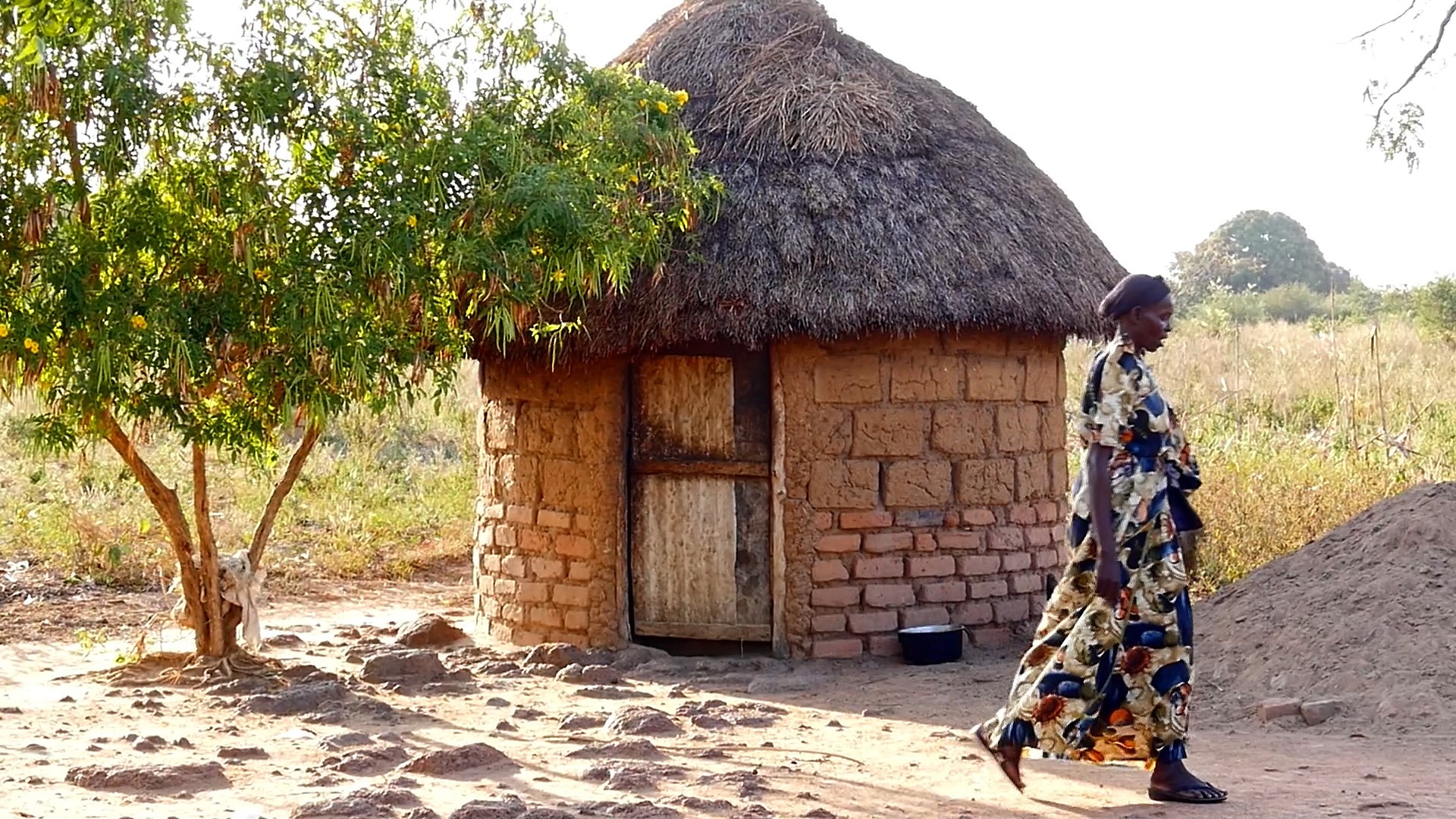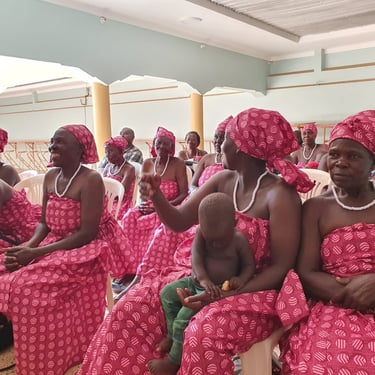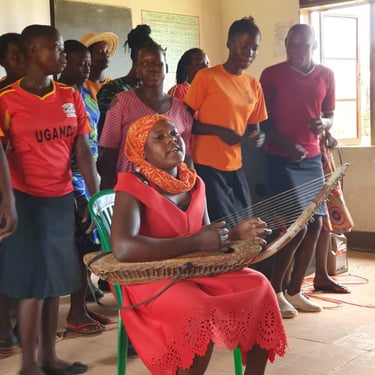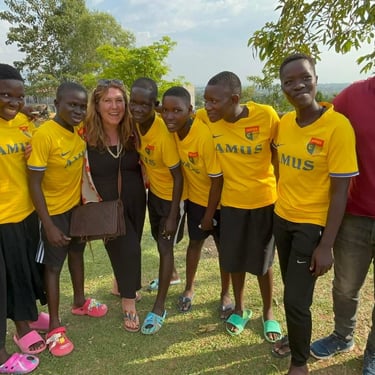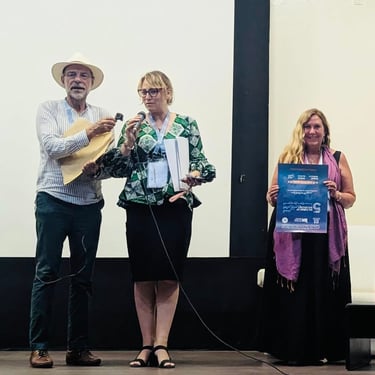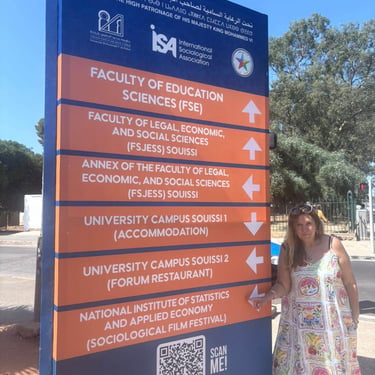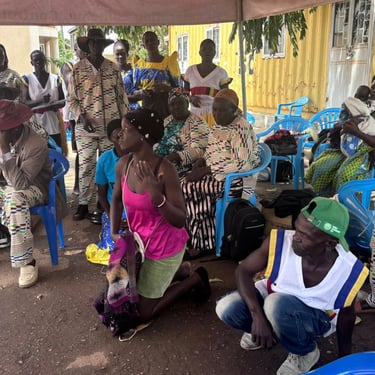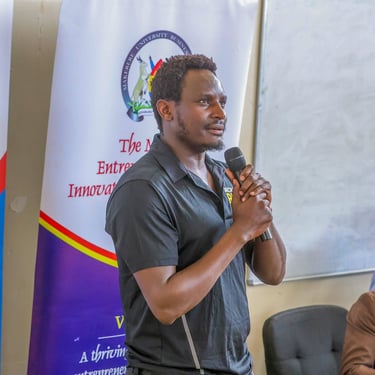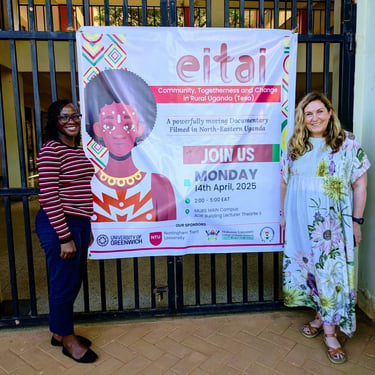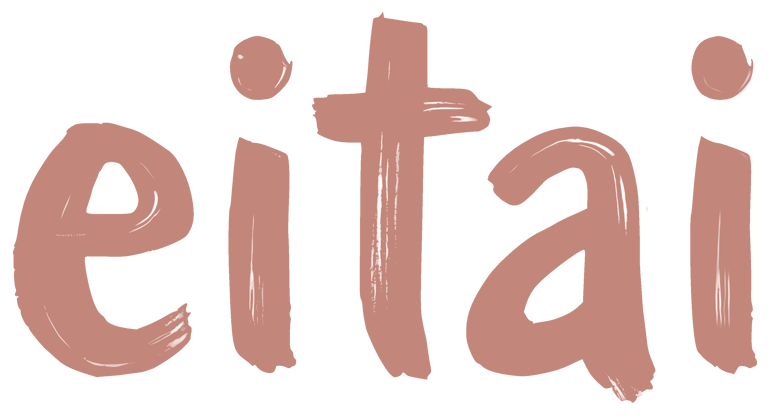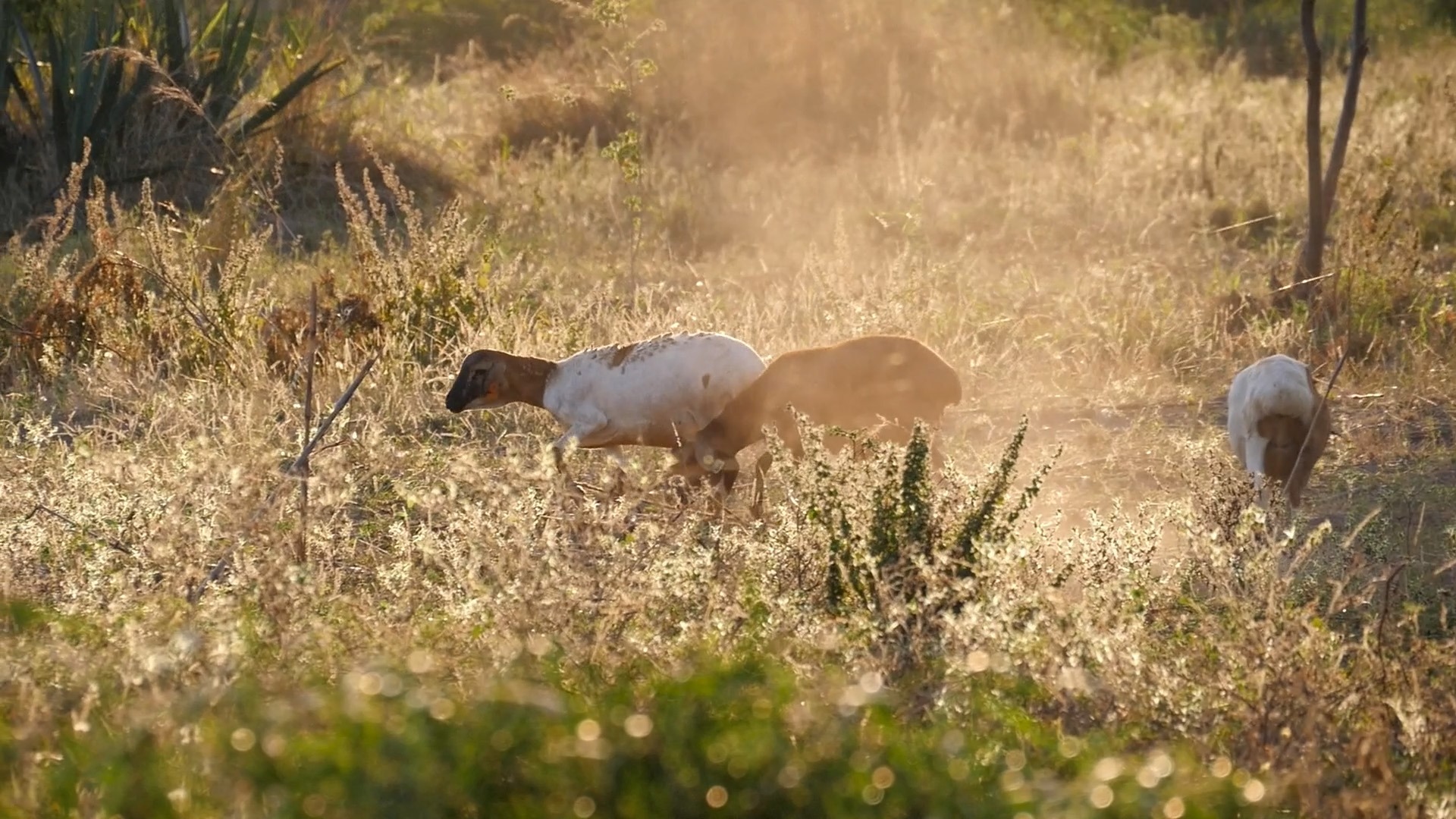With a small grant of £5k from Nottingham Trent University I set out to make the film. Initially, I thought I could film it on my phone (!), but thankfully I was introduced to Sonyanga Ole Ngais a talented Masai documentary maker passionate about gender equity and climate justice, who generously offered to film for free.
Our Eitai documentary has become so much more than a dissemination project. Shared with over 1,000 people across conferences, symposiums, and cinema screenings, it has sparked vital conversations around climate change, gender, and the power of grassroots social enterprises — from tree planting to knowledge exchange through music, dance, and drama.
Eitai has been:
• Discussed in the UK Parliament
• Listed by Springer Nature as one of the most influential public health films
• Shortlisted for the prestigious ISA Film Festival in Morocco
But truly, the most moving part of this journey happened just recently: taking the documentary back to the communities in Teso who featured in it. Seeing their joy, hearing their voices amplified, and sharing laughter and songs together was incredibly humbling — and a reminder of who this work is really for.
Even more exciting: since the screenings, the NGOs featured in the film have decided to work together to tackle local issues — true eitai in action. Vital at a time when many of the NGOs have been impacted by aid cuts. We're now building a website to share the projects and invite wider support for community-led social justice. We have many more stories to tell.
What started as a small idea has grown beyond anything I could have imagined. None of this would have been possible without the spirit of Eitai — the togetherness of everyone who gave their time, energy, and heart to this project.
This journey has shown me how much the world can learn from Indigenous concepts like Eitai and Ubuntu — and why it's vital that Indigenous voices are centred in global policy and practice. We have much to learn from our Iteso neighbours.
